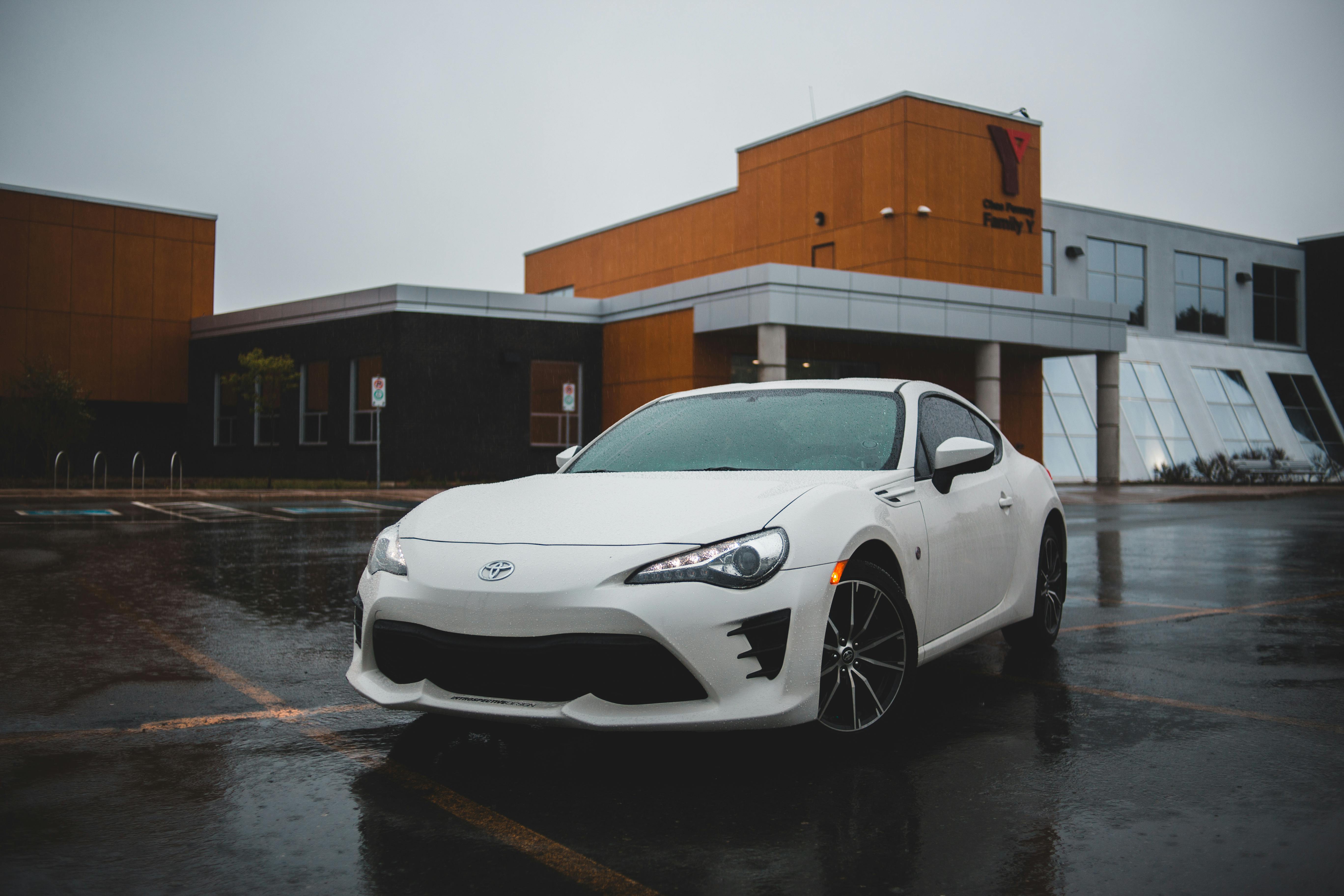Australia is crazy about cars. Always has been. For decades, the Holden-Ford debate has been a major topic of conversation, and if you scratch an Australian motorist on anything to do with his car, they’ll leave you speechless. Anything to do with car servicing is likely to spark a discussion, or at least spark some stories about the issues.
The real car culture began in the 1950s. The Baby Boom was in full swing and the post-war population was increasing. The construction industry doubled the size of Melbourne and Sydney, and the new wealthy middle class went out and bought cars like never before.
That’s where the real Holden-Ford rivalry took off. Holden, a subsidiary of GMH, was promoted as the Australian car, although Fords were also built in Australia. The Holdens and Fords of the 1950s were tough cars, big steel cars with a variety of tail fins and designs that even today look like weird cartoon cars, but it’s since been generally accepted that they were cool cars underneath. of the hood, regardless of the designs. .
A whole series of generations of amateur car mechanics was also born. Australia’s big weekend consisted of a Saturday or Sunday fixing the car (whether it needed fixing or not, if it didn’t it was called “tuning”) as often as a run to the bar or the beach. The Australian suburbs became a sea of cars, with car freaks attached.
The next generation of cars included some true classics. The Holden Kingswood and Torana were growl cars and a famous teen hoon-mobile, respectively, though the hoons arguably cared more about the car than themselves. The Kingswood became the police car; the Torana became the hunted car. These cars became truly loved, despite their social roles.
Ford kept its basic Falcon design from 1959. This American design was intended to be a competitor to Holden, which at the time dominated the Australian market, and the Falcons were the first cars to really challenge that dominance. The original Falcons were pretty big cars and they looked good. They were never the cultural icons that contemporary Holdens were, until the GT series, true “muscle cars,” and they were racing cars, too.
From the arrival of a real competitor onward, the Holden-Ford contest was on and never stopped. A thousand new brands have hit the streets since then, but unless they’ve had some power under the hood, they’ve hardly been noticed by Australian car culture. Some European cars, notably the Jaguar E-type, RX 7 and XJS, have made people sit up and take notice, but they don’t have the traditional image of suburban car culture.
Since those times, Commodores and Fairlanes, Hyundais, Mitsubishis and other cars have ‘watered down’ pure Australian car culture, but never really changed it as a social phenomenon. It’s a pretty safe bet that as long as people in Australia talk about car repair and anything related to cars, “car culture” will always be with us.
